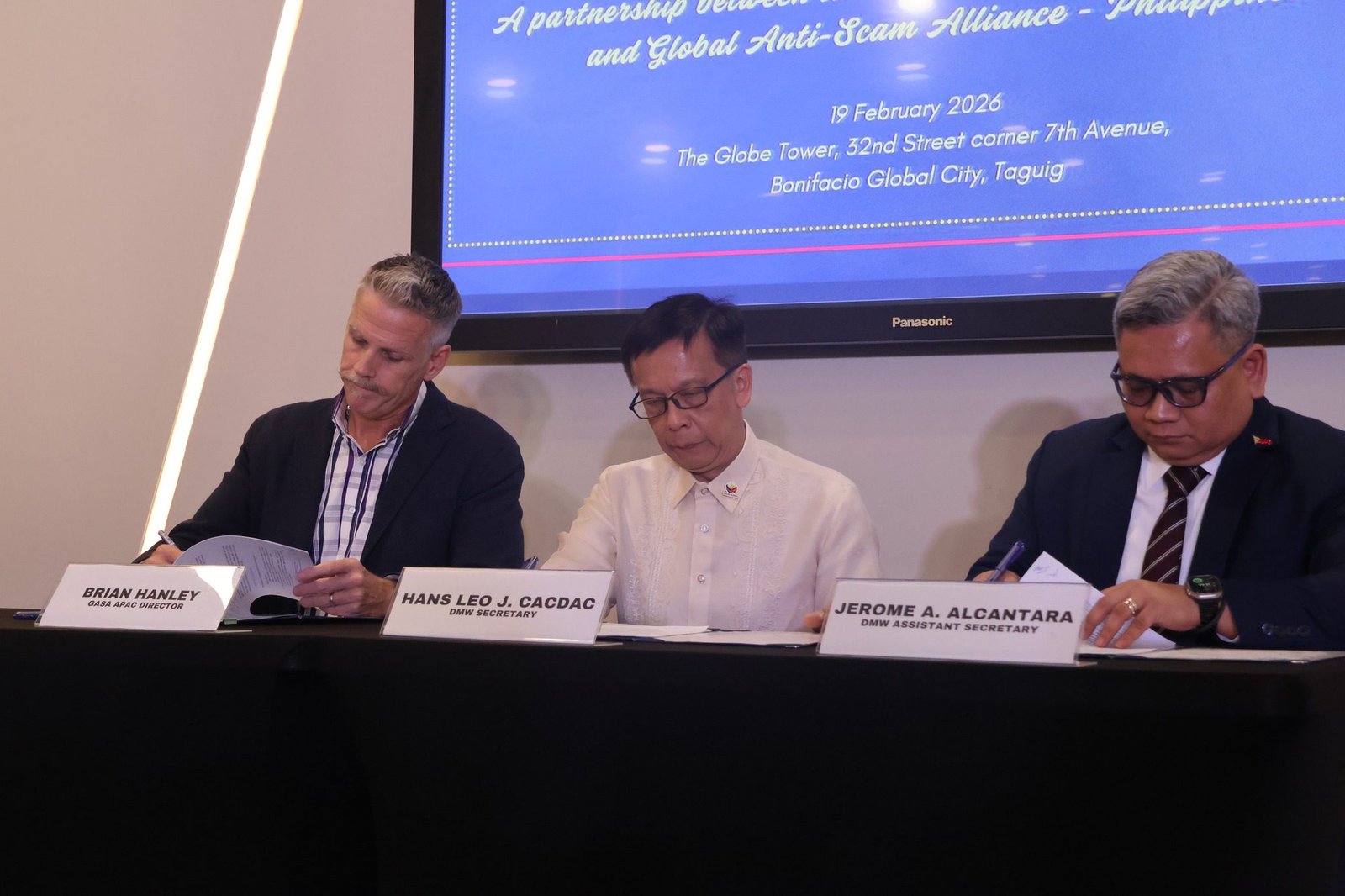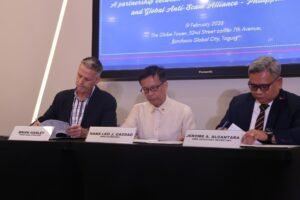Stronger collaboration between the government and private sector is crucial to industrialize waste management and address the Philippines’ growing plastic pollution problem, according to Prime Integrated Waste Solutions (PWS), a subsidiary of Prime Infra.
Speaking during the Environment and Natural Resources Day 2025 organized by the Department of Environment and Natural Resources (DENR), Prime Infra Market Sector Lead Cara Peralta emphasized that working hand-in-hand with local government units (LGUs) and national agencies can help turn waste management into a viable, industrial-scale business.
“With the right private sector participation, and cooperation with LGUs and agencies, we can transform waste management into a real industrial business,” Peralta said. “We want to introduce a new age in waste management in the country.”
Peralta also expressed appreciation to DENR Secretary Ma. Toni Yulo-Loyzaga for encouraging investments in the sector, despite the inherent risks and challenges.
Among the key opportunities Peralta outlined were business-to-business partnerships for offtake agreements on recycled materials, and stricter implementation of the Ecological Solid Waste Management Act (R.A. 9003), particularly in LGUs with limited resources.
In her keynote, Secretary Loyzaga highlighted the country’s plastic pollution crisis: of the 61,000 metric tons of solid waste generated daily, 24% is plastic, with 33% ending up in landfills or dumpsites. She called for greater infrastructure, funding, and technical capacity to improve segregation, recovery, and recycling.
“We are one of the world’s highest contributors to plastic waste, but solutions are within reach,” Loyzaga said, urging both public and private sectors to take swift, bold action.
PWS operates two large-scale modern materials recovery facilities in Cebu and Pampanga, focused on maximizing resource recovery through segregation, recycling, and sorting. Its initiatives include producing Refuse Derived Fuel from shredded plastics for use as an alternative to coal in cement manufacturing, recycling post-consumer plastic bottles, and generating plastic credits.
Peralta also shared PWS’ long-term plan to develop sustainable fuels from processed waste, aiming to supply industries such as shipping and aviation.
“Our goal is to create fuels that can be consumed by private markets such as shipping lines or airlines,” she added.












